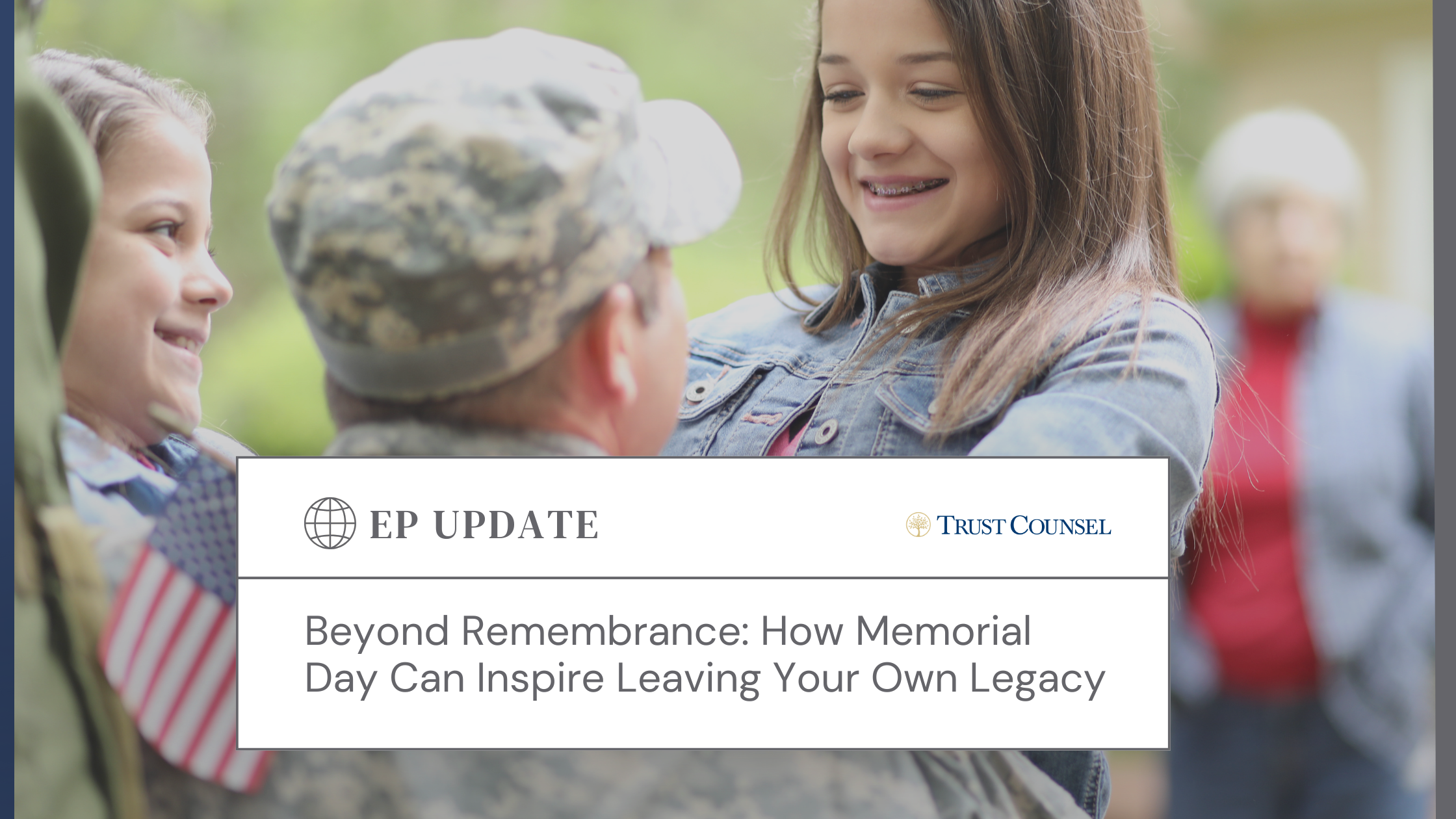You’ve poured time, energy, and passion into building your business. But have you prepared for what happens when you’re no longer there to lead? Succession planning isn’t just about naming a replacement—it’s about ensuring your hard work and values continue to thrive.
Without proper preparation, many business transitions fail, leaving your legacy vulnerable. Don’t let your life’s work become part of that statistic. Start planning today with these actionable steps.
Why Business Succession Planning Matters
Statistics show that 70% of family businesses fail to transition to the second generation. Often, this failure stems from a lack of planning and preparation for the next leader. Succession planning is your opportunity to secure your business’s future while protecting the relationships, jobs, and values you’ve worked so hard to build.
Start With Trust, Not Just Skills
When selecting a successor, it’s tempting to focus solely on skills and experience. While these are important, trust should be the foundation of your decision. Look for someone who:
- • Shares your values
- • Cares about clients and employees
- • Demonstrates reliability and competence
- • Builds strong relationships
Consider encouraging your successor to gain experience outside your business first. This external perspective can bring fresh ideas and prove their ability to succeed independently.
Make Room for New Ideas While Protecting Your Values
Your business thrives on core values. Document these values as part of your succession plan to guide the next leader. At the same time, welcome new ideas. A successful transition blends continuity with innovation.
Here’s how to strike that balance:
- • Set clear timelines for transferring responsibilities.
- • Define decision-making roles during the transition.
- • Gradually shift leadership to allow your successor to grow into their role.
Think of it as teaching someone to drive: you start small, provide guidance, and gradually step back when they’re ready.
Build Bridges Between Generations
Strong transitions rely on relationships. Involve potential successors early by:
- • Including them in meetings and decision-making.
- • Introducing them to key clients and employees.
- • Encouraging them to work on smaller projects to gain confidence and experience.
Building trust takes time. Don’t wait until you’re ready to leave to make these connections. A rushed transition can strain relationships with clients and employees.
Plan for Tax Efficiency and Business Continuity
Without a plan, your business could face significant tax burdens during a transition. Work with professionals to structure your succession plan in a way that minimizes taxes while protecting your assets.
Ensure you’ve also addressed:
- • Updating wills and trusts to include business assets.
- • Securing digital accounts and intellectual property.
- • Designating a Power of Attorney to manage the business if you’re unable to.
Your Legacy Deserves a Plan
Succession planning isn’t just a task—it’s your final gift to the business you’ve built. By starting today, you can ensure your hard work lives on, your team feels supported, and your clients remain loyal to your brand.
We Can Help You Plan for the Future
At Trust Counsel, we understand the challenges of succession planning. Our team can help you review your business’s legal, financial, and tax systems and create a solid plan to protect its future. Let’s safeguard your legacy together.
This article is a service of Trust Counsel, a Personal Family Lawyer® Firm. We don’t just draft documents; we ensure you make informed and empowered decisions about life and death, for yourself and the people you love. That’s why we offer a Family Wealth Planning Session™, during which you will get more financially organized than you’ve ever been before and make all the best choices for the people you love. You can begin by calling our office today to schedule a Family Wealth Planning Session™.
The content is sourced from Personal Family Lawyer® for use by Personal Family Lawyer® firms, a source believed to be providing accurate information. This material was created for educational and informational purposes only and is not intended as ERISA, tax, legal, or investment advice. If you are seeking legal advice specific to your needs, such advice services must be obtained on your own separate from this educational material.






